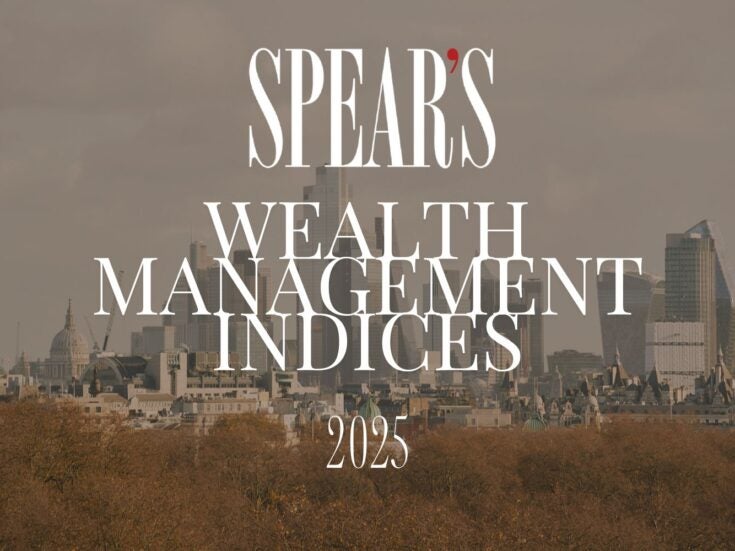

FIELDS OF GOLD
Farmland and forestry land have become a kind of internal tax haven, especially favoured by those in their later years
Mention the words ‘property boom’ and the first images in people’s heads are houses in Belgravia and posh apartments along the Thames bought by international investors as somewhere safe to park their cash. And, who knows, occasionally they might even spend a night there.
Yet the class of property asset which has produced the biggest return over the past decade is neither townhouses nor apartments — and indeed no more than a tiny fraction of it is in London. It is forestry land. According to Savills, each acre has produced a total return of over 16 per cent a year; arable farmland lies just behind, at 15 per cent. Residential property over the same period produced an average return of less than 9 per cent.
As for capital values, the best farmland has trebled in value over the past ten years to over £8,000 an acre. Forget, in other words, all those flashy brochures inviting you to make a fortune by investing in a world of exclusivity, with marble plunge pools and walnut wood flooring. You would have made more money over the past ten years in muck and timber.
Read more on the value of farmland from Spear’s
The explosion in farmland values is not just a British phenomenon — the entire world has witnessed a boom in agricultural land. Land has come to be treated like gold, as a safe haven in troubled economic times. It has scarcity value, inasmuch as investors reckon that no one — short of the colonisation and irrigation of Mars — is going to be able to make more of it. And unlike gold it produces a yield. While not always very high, it is a yield earned through a product which is just about the last thing people are going to do without: food.
Yet with farmland in Britain there is something else going on, too. Forty per cent of it now sells not to farmers or investment funds, but to private individuals. We are suddenly back to where we were in the 18th century, with gentlemen of means acquiring large acreages as a symbol of wealth.
Some of this is to do with country sports, or with the desire to protect land from development — but rather more, I suspect, is really down to tax. Farmland and forestry land have become a kind of internal tax haven, especially favoured by those in their later years. So long as its owner puts in the minimum effort to persuade the taxman that he is personally involved in raising the turnips, a lot of farmland is as effective a shelter from inheritance tax as obscure assets held somewhere offshore.
Wellington boost
The reason is Agricultural Relief. Designed to keep family farms together following a death, it has had the unintended consequence of turning a lot of wealthy individuals into hobby farmers. Many are delighted to find that they do not even need to own a pair of wellies to qualify for tax relief. They can contract out the entire agricultural operation and still claim full inheritance tax relief, so long as they remain notionally in charge.
Agricultural and forestry land qualifies for 100 per cent relief from inheritance tax after it has been owned by an individual for two years. The relief can still be claimed if you let out your land to a tenant farmer, but in that case you have to have owned the land for seven years before it qualifies.
If you are actively engaged in farming, your house also qualifies for relief, so long as the taxman agrees that it is ‘character proportionate’ to the farmland in which it sits. In other words, an eighteen-room mansion with two acres of land would not qualify, but surround it with several thousand acres and it might well do.
HMRC has attempted to tackle what it considers to be abuses of Agricultural Relief, but it is not doing very well. In May it lost a test case where farmhouse and farmland were owned by different family members and HMRC had argued that tax relief should not be allowable on the house. The defeat suggests the Revenue is likely to struggle when trying to limit the relief to the people it was intended to help.
English farmland sells mainly to native buyers — but where international buyers are involved they come from unusual quarters. Between 2004 and 2008 a tenth of all farmland sold went to Danish buyers. ‘There was a shortage of farmland for sale in Denmark, so farmers were attracted to Britain because it has a similar culture and there were no problems with buying and selling land,’ says Ian Bailey of Savills. ‘A lot of them have doubled their money on the land in five years and moved back.’
Unseen in the scramble for London property, the biggest international winners in British property market were not Arabs, Russians, Chinese or Americans — but Danes on tractors.







